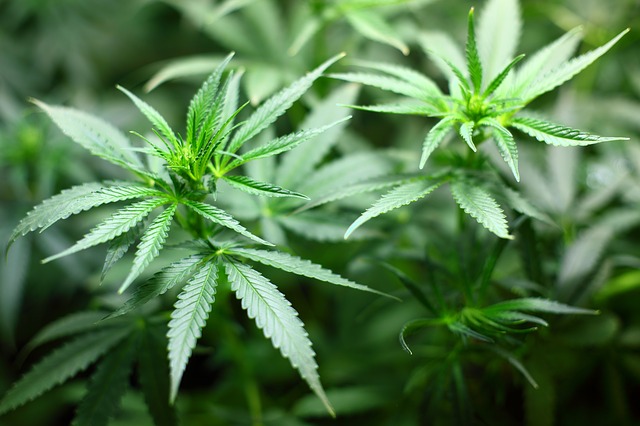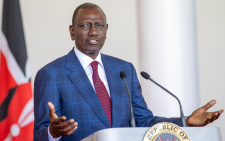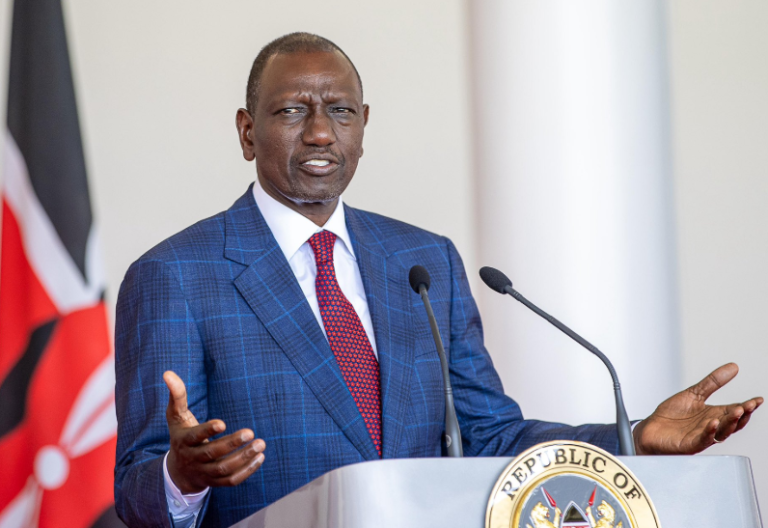We still need to have debate about marijuana

In May 2021, members of the Rastafari movement in Kenya filed a suit seeking to decriminalise the possession and personal use of marijuana. In the case before the High Court, the Rastafarians argued that the law against the private use of bhang, particularly in their houses and places of worship, was illegal.
According to the suit, “cannabis can be spiritually referred to as bhang, marijuana, holy herb, kushungpeng, tire, ndom, vela, gode and kindukulu”. Cannabis has the highest number of pseudonyms of any plant. From Maryjane to sinsemilla, dope to roach and ganja, there are at least 20 synonyms for grass!
Well, the Rastafarians had their say and the country is still waiting for the High Court to weigh the merits and demerits of their pleadings. It is obviously going to be a tough case, what with the stigma and stereotypes around the plant. But for those still in denial, weed has now become the psychotropic substance of choice among partying youth, with young women also smoking the “holy herb” in large numbers, likely more than they are smoking tobacco.
The stigma is actually fading and the drug has found its way to the society as a whole. However, why is it that many governments around the world fight the growth and consumption of cannabis with such inordinate use of force compared to alcohol and cigarettes which are known to be much more destructive to society? While like any other drug bhang has adverse effects when abused, its legality has been politicised, losing sight of the bigger picture. Compare bhang’s demonisation with the way the ban on miraa (khat) went full circle and the twigs were sanitised even by health authorities at the Kenya Medical Research Institute (Kemri). Somalia lifted the ban on Kenyan khat imports. Miraa is still banned in Europe largely due to political and hygiene reasons.
An increasing number of countries including Austria, Canada, Czech Republic, Finland, Germany, Israel, Italy, the Netherlands, Portugal, Spain and at least 25 American states have legalised the use of medical marijuana. Some among them have also allowed limited amounts of weed for personal and recreation consumption.
According to research, cannabis contains at least 85 known cannabinoids (marijuana extracts), many which have medical value. Evidence from one cell culture study with rodents and animals suggests that purified extracts from whole-plant marijuana can slow the growth of cancer cells from one of the most serious types of brain tumours. These studies seem to indicate that cannabinoids may help kill certain cancer cells and reduce the size of others.
Research is ongoing to establish whether marijuana and its extracts can truly treat symptoms of illness and other conditions, such as diseases that affect the immune system like HIV/Aids and multiple sclerosis, inflammation, pain, seizures, substance use disorders and mental disorders. Cannabis is also said to alleviate diabetes, epilepsy, depression, anxiety, ADHD, Alzheimer’s among other body and mind ailments.
The truth is out. Kenya should set the trend in Africa by leading in the global trend to legalise the use of medical marijuana. Instead of overzealous security personnel wasting time and effort uprooting potentially valuable cannabis plants, we should be tasking Kemri to undertake research on how we can benefit from natural cannabis extracts. The latter could be turned into medicine for various ailments.
But for this to succeed, we require courageous, unconventional and innovative thinking on the part of our leaders. Think of the foreign exchange we could earn by developing cannabinoids-based painkillers and exporting raw cannabis to the huge Western markets. We cannot continue playing safe while other countries are embracing the limitless medical and financial possibilities. It will be sad for the government to reconsider its stand in future not from an internal process, but as a result of some external influence.
— The writer is a PhD candidate in International Relations











